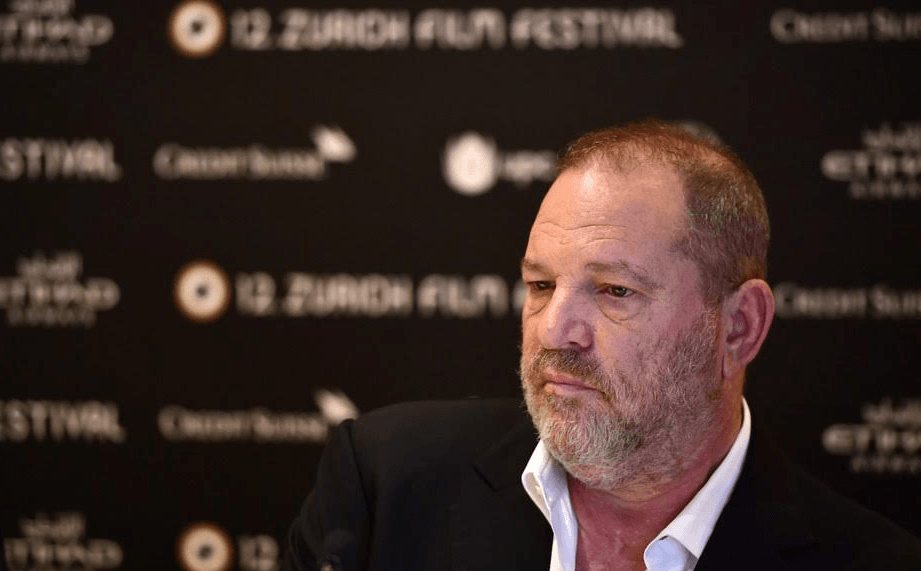Time’s Up: A male perspective on the recent sexual assault allegations
4 min read
Alexander Koerner | Getty Images
By NATHANIEL DEVINE
Staff Writer
In recent months, the issues of sexual harassment and sexual misconduct in the workplace have come to the forefront of the American public’s attention after a slew of famed male Hollywood personages such as Harvey Weinstein and Kevin Spacey, faced and then pleaded guilty to allegations of gross sexual harassment towards, mainly, female coworkers and/or colleagues.
Allegations of inappropriate conduct from public male figures towards women have, and still are, dominating weekly news and media coverage.This has made many an American man scared of the witch hunt climate that now heavily looms over their professional careers. However, there are misconceptions about sexual harassment and inappropriate conduct that make this climate more dangerous, if not hopelessly destructive, for American men.
One misconception that these stories and their coverage creates is that sexual harassment and misconduct in the workplace is solely a Hollywood problem. The genesis of this notion is pretty clear: almost all of the allegations coming out involve a powerful man in Hollywood, ergo, it’s the Hollywood system and/or the entertainment industry as a whole that needs to significantly change structurally. The confessions of producer Harvey Weinstein and PIXAR’s CEO John Lassetter show that the climate of inappropriate behavior extends to beyond just celebrity actors. However, sexual harassment exists in every type of workplace, in any sort of industry. It is not solely limited to actors and producers. Thus, it is not just the Hollywood system that needs to change, but each and every work environment as a whole,
The second misconception about sexual harassment is that it is solely a male problem. Many people believe that sexual harassment is somehow caused only by the testosterone levels and libido of males. But males can also be the victims of sexual harassment. Men can come on to women, but also vice versa. This misconception gives way to the stereotype that all men are just horny, impulsive brutes who will give way to their most primal, basic instincts as if the are primitive caveman with rock clubs and linen cloths. It does not take much research into the judicial annals of U.S. history to find a case in which a woman sexually harassed or acted inappropriately towards a male coworker. When gender bias comes into play, the scope of the sexual harassment problem is limited, and thus, we get a witch hunt working climate and the overall bigger picture becomes distorted.
The third misconception about sexual harassment, and probably the most damning, is that every allegation is true and all accused are guilty. This is what has started the atmosphere that we have seen in the media and online for the past couple of months. Whether we want to believe it or not, not every allegation of sexual harassment is, or will be, true. There are bound to be some false accusations based on nothing but someone’s disdain, or jealousy, or maybe even, their rejected passion for someone else. One famous example is a 1933 U.S. court case that took place in Alabama, where 2 white girls accused twelve black men of raping them during a train ride. Both parties were taken to court, and though the men were found guilty, many agreed that the girls’ testimonies lacked the appropriate emotions and behavior that two girls who had been through such an experience as they had claimed to have been through would have exhibited. This court case inspired Harper Lee’s fictional trial her in her classic novel “To Kill A Mockingbird.” Even some of today’s allegations seem a bit politically motivated.
Though the allegations against Kevin Spacey and Louis C.K. may have seemed a bit untimely due to the fact that both had movies about to come out. This could be spurred by the fact that the Harvey Weinstein scandal had just broke, thus empowering their victims to speak up. However, in some cases, such as in James Franco’s, whose accusers tweeted out their allegations on Twitter posts while he was making his Golden Globes acceptance speech, the accusations seem not only abrupt but also somewhat thin, due to the fact not many people would tweet about their experiences of being sexually harassed to all their friends and followers.
All three of these false notions about sexual harassment could seriously mar the general public’s perception of the issue, and need to be corrected in the media and the minds of American citizens. And, if gone unchecked, this misperception could have disastrous results, not just for American popular culture, but also for the country as a whole.


